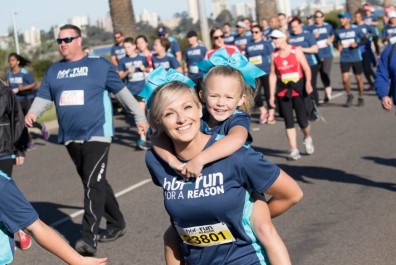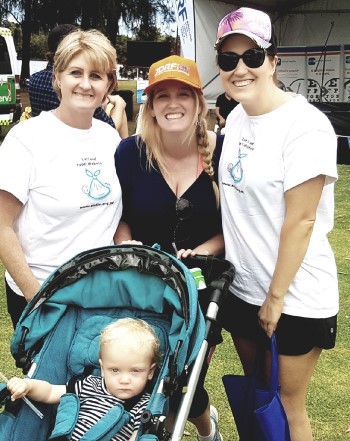Search

News & Events
Wellbeing study needs you!Young people are needed for a new Children's Diabetes Centre research study that aims to improve the mental health of teens with type 1 diabetes.

News & Events
Technology proves a gamechangerHeidi Bucktin likes to think of her family’s life as pre and post continuous glucose monitoring – that’s how markedly different the two periods are in their journey of living with a child with type 1 diabetes.

News & Events
Being active is key to heart healthDid you know that regular exercise can literally add years to the lives of children living with Type 1 Diabetes?

News & Events
Jazmyn's journey beginsTen-year-old Jazmyn Kalin’s diabetes journey may have only just begun but she is taking it all in her stride, administering her own insulin needles and even learning about carbs.

News & Events
Community Conversation August 7Members of the diabetes community are invited to have their say on research participation at a Community Conversation this Tuesday, August 7.

News & Events
New hope for type 1 diabetesType 1 diabetes is exhausting and unrelenting. It can be life threatening and there is never a break from it.

News & Events
Check out our new patient folderCheck out our new and improved patient folder - a comprehensive resource to help families navigate a new type 1 diabetes diagnosis, now and into the future.

News & Events
We're running for diabetesChildren’s Diabetes Centre researchers will be pounding the pavement in this year’s HBF Run for a Reason on Sunday, May 27 and invite you to join us!

News & Events
Get involved in ENDIAENDIA (Environmental Determinants of Islet Autoimmunity) is a national observational study into the causes of Type 1 Diabetes in childhood.

News & Events
Education gets reel for patientsPMH’s Endocrinology and Diabetes team has paired up with production company Barking Wolf to create a series of educational films for patients and their families
